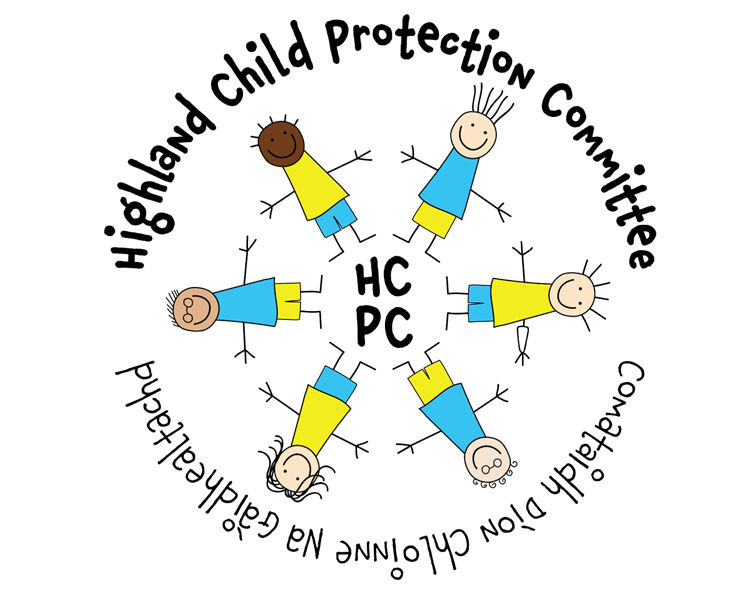Support for practitioners: supervision

Support and supervision for practitioners involved in child protection work, regardless of professional role, is critical to ensure:
- support for those who are directly involved in child protection work, which may be distressing
- critical reflection and two-way accountability, which enables a focus on outcomes
- the development of good practice for individual practitioners, and improvement in the quality of the service provided by the agency
Support and supervision can be both distinctly separate and joined-up activities, depending on the situation. For some professionals, such as social workers, supervision is a formal professional requirement whereas for others, including education practitioners, it is not. However, professional, reflective supervision is offered to all head teachers and school senior managers in Highland and can be accessed by contacting the Highland Council Principal Educational Psychologist. Regardless of the requirement for supervision, the purpose of support and supervision in ensuring accountability for practice is relevant for anyone in a professional role with specific responsibilities for child protection. Support can also help to review the understanding of a child's situation in the light of new information, shifting circumstances or challenges to the current assessment. The Promise underlines the centrality of supervision for the workforce, including carers.
Support and supervision should be relevant to a practitioner's professional role and scope of practice, their responsibilities, and the intensity of their involvement in child protection. Single agencies have robust standards and procedures underpinning support and/or supervision. Established standards and models of practice provide key points of reference. Midwifery applies a restorative model of supervision. Other examples include:
- the Police National Decision Model
- the Scottish Social Service Council Supervision & Learning Resource
Specific supervision for practitioners may be required in relation to the knowledge and skills required in the conduct of, for example, inter-agency referral discussions or Joint Investigative Interviews (JII), or in the development of specific assessment, therapeutic or management skills.
Support and supervision should provide a safe and confidential environment for discussion and reflection on the knowledge and skills informing the task, the teamwork required, and the impact of the work and engagement of each practitioner with their role.
Support and supervision should include conversations about how to continually seek the child's view, and how to ensure that, having listened to these views, practitioners keep doing what is working, or do something different where it isn't.
Support and supervision for practitioners may be provided within a group or team environment or in an individual setting. Some areas value inter-agency support and review in complex protection work. Informal peer supervision and support can complement formal support structures.
Whatever the model, practitioners need support to develop knowledge and skills to think analytically, critically and reflectively. They also need to be able to inform their judgement through inter-agency collaboration, and through sufficient knowledge of current research and evidence.
Support should help to ensure that:
- practice is consistent with legal requirements, organisational policies and procedures
- practice is underpinned by the values and core principles of GIRFEC
- practitioners understand their roles and responsibilities, and the boundaries of their authority
- practice is evidence-informed
- practitioners develop skills in critical reflection about their own assumptions and values
- the training and development needs of practitioners and supervisors are identified
- there is structured discussion of child protection concerns, assessment and action
- information sharing and recording is reviewed
- there is reflection on the skills required for practitioners to engage effectively with children and their families
- there is reasoned consideration of counter views, options and probable outcomes
- there is reflection on teamwork and individual work impact
On this page you can find outlined the roles and responsibilities of public services and other community services.